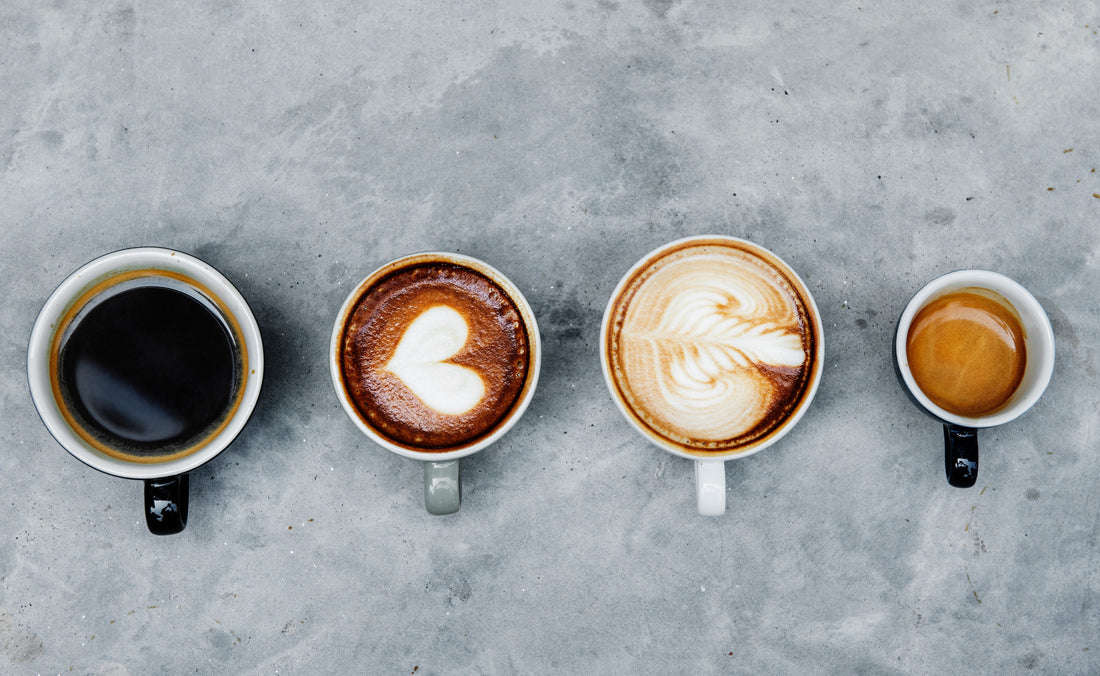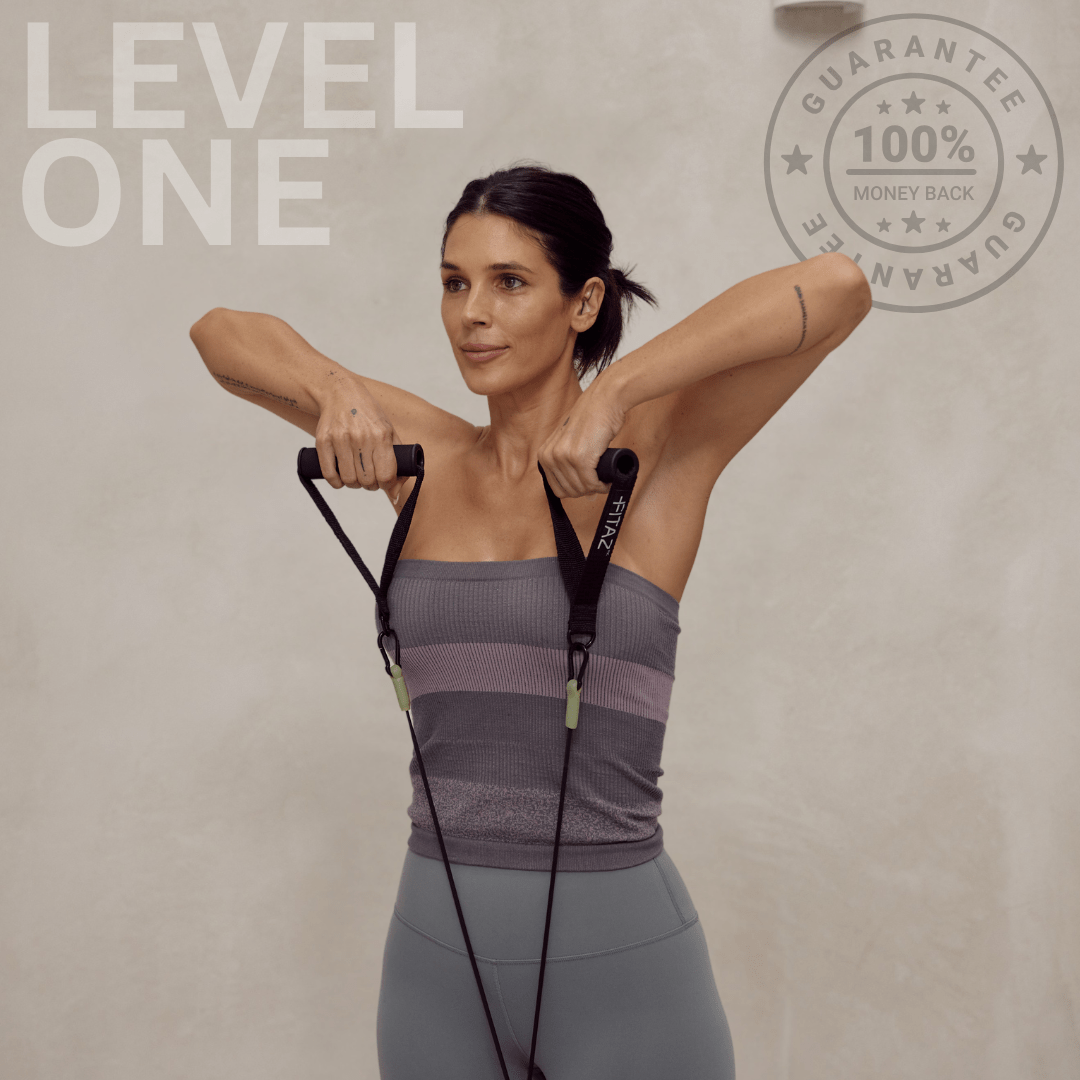
Caffeine – is it your friend or frenemy?
Drinking a hot cup of coffee or tea is something of a habit and ritual for many of us. Boiling the kettle first thing in the morning is often part of our daily routine. In fact 80% of the world’s population consumes caffeine in some form each day. Apart from helping us perk up, what really is caffeine and how much is safe?
What is caffeine?
Caffeine is a natural stimulant or drug most commonly found in tea, coffee, cacao products, cola and energy drinks. It stimulates the central nervous system and can increase your levels of alertness in the short term with moderate use. To do this, it raises your bodies level of adrenaline (fight or flight response) and cortisol (the stress hormone). This causes your heart beat faster, blood flow increases causing muscles to tense—all of which can be helpful in small doses.
So, what’s the issue with caffeine?
If you consume too much caffeine, it will increase and prolong the stress response so it’s no longer helpful. If you are consuming caffeine while already in a stressed or anxious state, you may feel the negative effects of this like having the jitters and feeling your heart racing.
Caffeine lasts in our systems between 4 to 6 hours on average, and it has a half-life of about 5 hours. That means if you consume a strong espresso coffee with 200mg of caffeine, after 5 hours, you'll still have 100 mg left in your body. It can take up to 10 hours to completely clear caffeine from your bloodstream. This is not good news for sleep quality if you have caffeinated drinks later in the day.
But doesn’t coffee and tea contain antioxidants which are good for you? Yes they do contain a range of antioxidants and polyphenols that are protective against inflammation and cell damage. But so do colourful fruit and vegetables and edible oils like extra virgin olive oil. Coffee and tea shouldn’t be the primary contributor of antioxidants in your diet.
Would reducing your caffeine intake be beneficial for you?
Consider the following questions. If you answer yes to any of the below, consider reducing your caffeine intake.
Are you not yourself unless you’ve had your morning coffee/tea?
Are you relying on your next cup to get you through the day?
Do you mainly drink caffeinated drinks like tea or coffee at the expense of water throughout the day?
Do you experience headaches when you have missed a coffee during the day?
Would you describe yourself as anxious at times?
Do you find it hard to get to sleep at night?
How to cut back your caffeine intake
The key is to gradually reduce your intake of caffeine. Slowly reduce your intake by one cup every few days until you reach zero. This might take up to a week and should lessen the withdrawal effects. Withdrawal can occur in anyone who regularly consumes caffeine and then abruptly stops. Common symptoms include headache, low energy, fatigue, anxiety, poor concentration and low mood.
More tips
- Switch to herbal teas like peppermint or rooibos blends that have no caffeine.
- If you simply must start your morning with a coffee or tea, make sure to have a large glass of water beforehand. Overnight our body’s hydration level decreases and replenishing this with water first is a great health promoting habit to keep up every day.
- Research tracking our circadian rhythm and cortisol levels show between 9:30 to 11:00 am may be the best window of time to get the most benefit from your caffeine/coffee consumption.
- Avoid energy drinks completely as they contain other chemicals like taurine that have a stimulatory effect or heighten the effect of the caffeine in the drink. Plus they are often loaded with sugar which will wreak havoc on your blood sugar levels.
So, what’s a healthy amount of caffeine to have each day?
Everyone’s tolerance is different but 100mg would be a good, lower end target to aim for. Keep in mind that the caffeine content in tea and coffee can vary based on how the beverage is prepared.
100mg of caffeine from tea equals:
2 cups of black tea
3 cups of green tea
3 cups of white tea
(Remember herbal tea and rooibos tea have no caffeine so they are great choices!)
100mg of caffeine in coffee equals
240ml brewed black coffee
1 espresso shot coffee
2 cups instant coffee
Author:
Liz Borgo – Accredited Practising Dietitian & Nutritionist
@lizthedietitian
Our products are the best thing since sliced bread... but not just any bread, think of a loaf so magnificent it would make a Parisian baker weep with joy.
Take our 60-second quiz to discover your body's needs and get personalised training guidance tailored to your energy, goals, and lifestyle.


